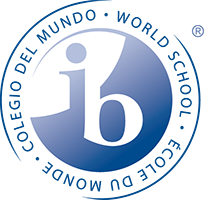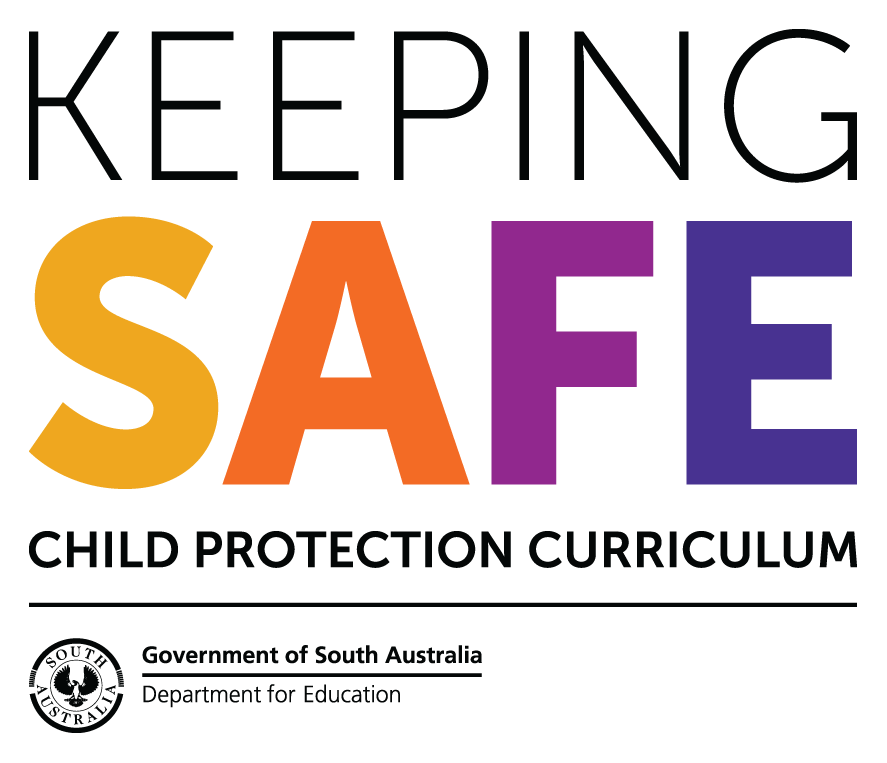MYP Individuals and Societies at TISA encourages learners to respect and understand the world around them and equips them with the necessary skills to inquire into historical, contemporary, geographical, political, social, economic, religious, technological and cultural factors that have an impact on individuals, societies and environments. We encourage learners, both students and teachers, to consider local and global contexts. MYP Individuals and Societies at TISA incorporates disciplines traditionally studied under the general term “the humanities” (such as History), as well as disciplines in the social sciences (such as Economics and Geography). (MYP Individuals and Societies guide, 2014)
TISA students engage with exciting, stimulating and personally relevant topics and issues. Many sensitive and personally challenging topics require careful consideration in the context of a safe and responsible learning environment characterized by respect and open-mindedness. The study of Individuals and Societies helps students to appreciate critically the diversity of human culture, attitudes and beliefs. Individuals and Societies is important for helping students to recognize that content and methodology can be debatable and controversial, and for practising the tolerance of uncertainty. (MYP Individuals and Societies guide, 2014)
TISA’s approach to Individuals and Societies includes a strong focus on inquiry and investigation. Students collect, describe and analyse data used in studies of societies; test hypotheses; and learn how to interpret increasingly complex information, including original source material. This focus on real-world examples, research and analysis is essential. (MYP Individuals and Societies guide, 2014)
The study of Individuals and Societies helps students to develop their identities as individuals and as responsible members of local and global communities. These explorations of our common humanity are intrinsically interesting, and disciplines in this subject group are filled with potential for creating in students a lifelong fascination with “the human story” as it continues to evolve in an era of rapid change and increasing interconnectedness. (MYP Individuals and Societies guide, 2014) Studies in Individuals and Societies are essential for developing empathy and international-mindedness, including the idea that “other people, with their differences, can also be right” (IB mission statement).
The MYP individuals and societies course at TISA helps specifically to prepare students for the study of the DP Geography, History, Economics and Psychology courses offered at TISA. Furthermore, MYP students are required to undertake rigorous investigations that constitute an important foundation for DP internal assessments. (MYP Individuals and Societies guide, 2014)
MYP Individuals and Societies also helps to prepare students for overall success in the DP. In the MYP students develop cognitive and procedural skills as well as strong conceptual understandings that support teaching and learning in the DP. Research and investigation skills transfer to the DP’s core requirements, including creativity, activity, service (CAS) and the extended essay. The MYP offers many opportunities for students to explore ways of knowing that become a focus of reflection in the DP theory of knowledge (TOK) course. Courses in Individuals and Societies encompass experimentation and observation, reasoning and argumentation, the use of primary sources, and data that can be used to propose knowledge claims about human existence and behaviour. (MYP Individuals and Societies guide, 2014)
M1
M1 students develop their knowledge and understanding, critical thinking, investigative and communication skills through these Statements of Inquiry:
- We need to choose how to use natural and human resources at different times, spaces and places (Italy Geography country study).
- Systems, institutions and culture can strengthen or weaken civilisations (Ancient Egypt).
- We can communicate why people can imagine a hopeful future despite inequality and lack of choice (Global Education Inter-Disciplinary Unit).
- Different perspectives lead to different interpretations why empires change across space and time (The Romans - why did the Empire collapse?).




